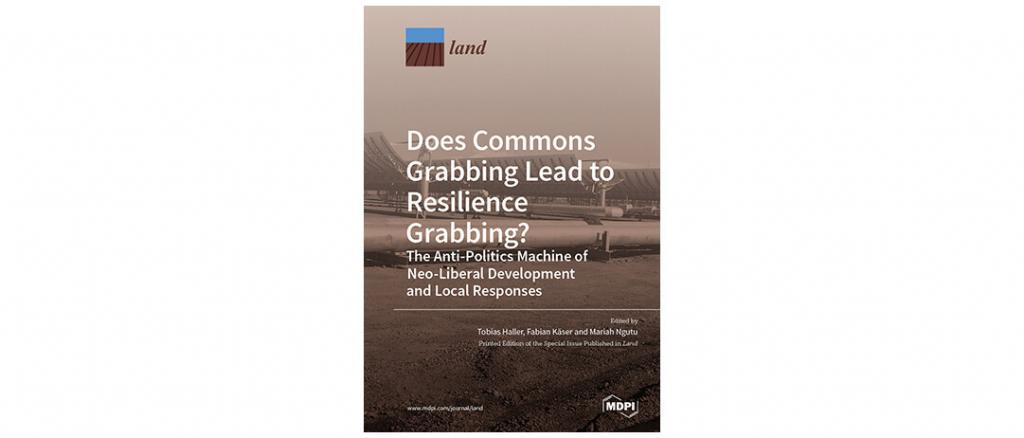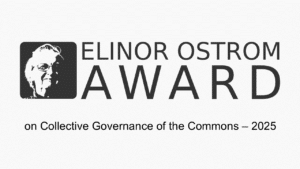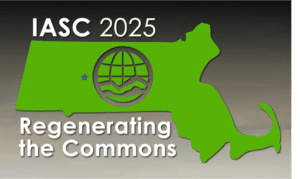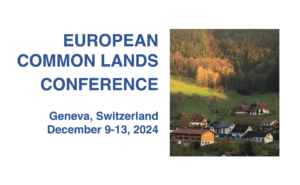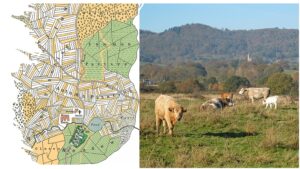A new book on commons has been published by IASC member Tobias Haller and his colleagues. The book “Does Commons Grabbing Lead to Resilience Grabbing?”, published by MDPI, discusses whether some state institutions and voluntary Corporate Social Responsibility (CSR) initiatives contribute to land grabbing.
Commons and Resilience Grabbing
Haller and his co-authors deal with the question of land grabbing as a commons grabbing and the impact of neoliberal ideologies on development. Have some state institutions and CSR programs been used to legitimize investments and land grabbing?
James Ferguson’s notion of the “Anti-Politics Machine” is used to uncover hidden power asymmetries of actors and political basis of state-driven development strategies in the age of neoliberalism. Case studies from Kenya, Tanzania, Cambodia, and Bolivia analyse development discourses and CSR-policies in agrarian and green-infrastructure-related investments and hidden power differences within. While state actors profit from neoliberal policies, they leave out local actors and groups formerly governing common pool resources. Thereby grabbing land from local people does not only lead to a loss of land, but also resilience since common-pool resources are needed for subsistence and cash.
The selected papers were originally published as part of a special issue in the international peer-reviewed journal “Land”.
Haller, T., Käser, F., and Ngutu, M. (2021). Does Commons Grabbing Lead to Resilience Grabbing? – The Anti-Politics Machine of Neo-Liberal Development and Local Response. Basel: MDPI Books. ISBN: 978-3-03943-839-6 (print), 978-3-03943-840-2 (online).

